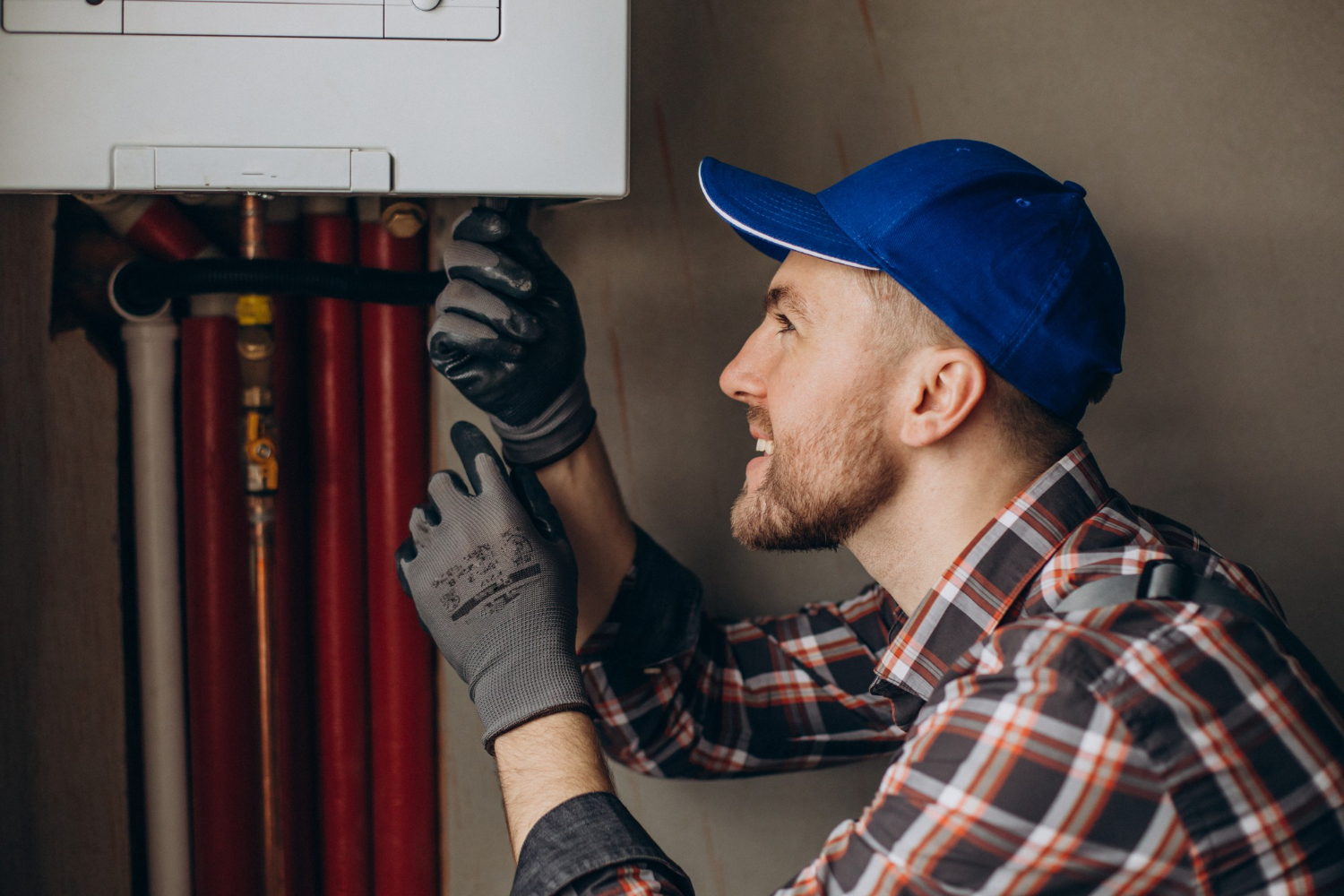Heating is a critical component for any light commercial space, ensuring comfort and operational efficiency. Whether you’re opening a new facility or upgrading an existing system, understanding the essentials of heating installation can make a significant difference. From assessing heating needs to choosing the right system and professional installation, each step plays a vital role.
Assessing Heating Needs for Light Commercial Spaces
Before any heating installation, it’s crucial to assess the specific heating needs of your light commercial space. A thorough assessment involves evaluating several key factors, such as the size of the area, the number of occupants, and the type of activities conducted within the space. These factors directly influence the choice of the most effective heating system.
The size of the space determines the capacity of the heating system required. A larger area will need a more powerful system to ensure uniform heating, while a smaller space might function efficiently with a less robust unit. Occupant levels also play a significant role; higher occupancy rates typically require systems that can maintain consistent temperatures despite frequent door openings and increased body heat.
Additionally, the type of activities within the space can impact heating needs. For instance, a retail store with high customer foot traffic might need different heating solutions compared to an office space with stationary employees. A proper assessment helps in selecting a system that is not only efficient but also cost-effective to operate.
Choosing the Right Heating System
Selecting the right heating system is essential for optimal comfort and operational efficiency in light commercial spaces. With various heating solutions available, it’s important to choose one that aligns with your specific requirements and budget. The most common types of heating systems include furnaces, heat pumps, and ductless heating units, each with its own set of advantages.
Furnaces are a popular choice for many light commercial spaces due to their reliability and efficiency. They operate by heating air and distributing it through a duct system, ensuring even heating throughout the area. Heat pumps, on the other hand, offer both heating and cooling capabilities, making them a versatile option. They work by transferring heat from the outside air into the building, which can be particularly energy-efficient in moderate climates.
Ductless heating units provide a flexible solution for spaces where traditional ductwork is impractical or too costly to install. They consist of an outdoor unit connected to indoor air handlers, which can be individually controlled. This setup allows for customized heating in different zones of the building.
Importance of Professional Installation
Proper installation of your heating system is crucial for its efficiency and durability. While it might be tempting to cut costs by opting for DIY solutions or less experienced installers, this often leads to poor performance and potential safety hazards. Professional installation ensures the system is set up according to manufacturer specifications and industry standards, reducing the risk of future issues.
Our professionals have the expertise and specialized tools required to handle the complexities of heating installation. From ensuring the proper placement of components to verifying that all connections are secure, our technicians leave no detail overlooked. This meticulous approach helps in achieving optimal performance and energy efficiency.
Additionally, professional installation includes thorough testing of the system to confirm that it is operating correctly. Any initial issues can be addressed immediately, preventing larger problems down the line. By choosing professional installation, you can have confidence that your heating system will function reliably, providing consistent comfort for your light commercial space.
Ongoing Maintenance and Tune-Ups
Regular maintenance and tune-ups are essential to keeping your heating system operating at its best. Even the most reliable systems can suffer from wear and tear over time. Scheduled maintenance helps in identifying minor problems before they become major issues, ensuring the longevity and efficiency of your heating system.
Our technicians recommend routine checks that include inspecting and cleaning components, checking for any signs of wear, and making necessary adjustments. These steps can prevent unexpected breakdowns and extend the life of your heating system, saving you money in the long run. Regular tune-ups also ensure that the system runs efficiently, which helps reduce energy consumption and lower utility bills.
Maintenance services often include checking the thermostat settings, lubricating moving parts, and ensuring there are no obstructions in the vents and filters. By following a consistent maintenance schedule, you can keep your heating system in peak condition and maintain a comfortable environment in your light commercial space.
Conclusion
Ensuring efficient heating in light commercial spaces involves several critical steps, from assessing heating needs to selecting the right system and opting for professional installation. Each of these elements plays a pivotal role in creating a comfortable and consistent environment. By understanding these essentials, you can make informed decisions that benefit both your comfort and your budget.
For expert guidance and professional heating installation in Houston, contact Alief Ultra Mechanical. Our team is dedicated to providing top-quality heating solutions tailored to your needs. Reach out to us today to schedule a consultation!




